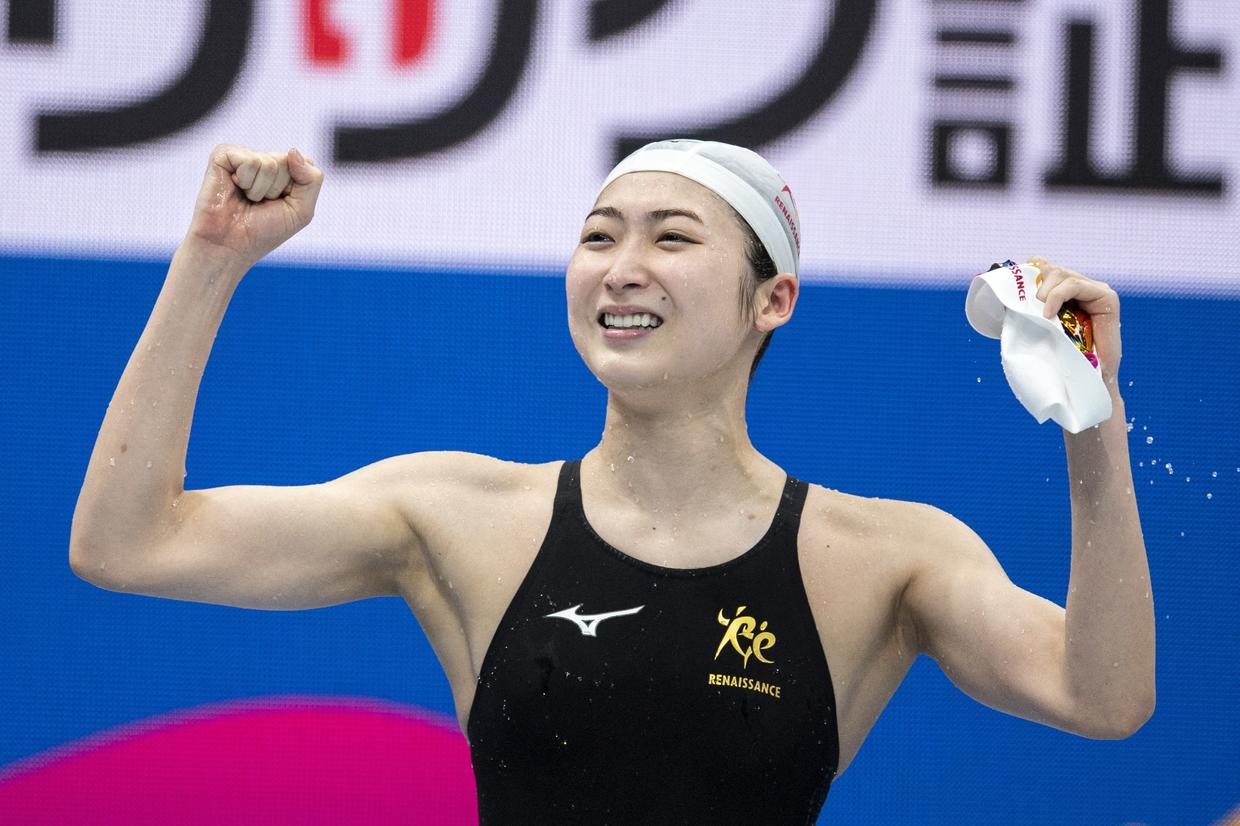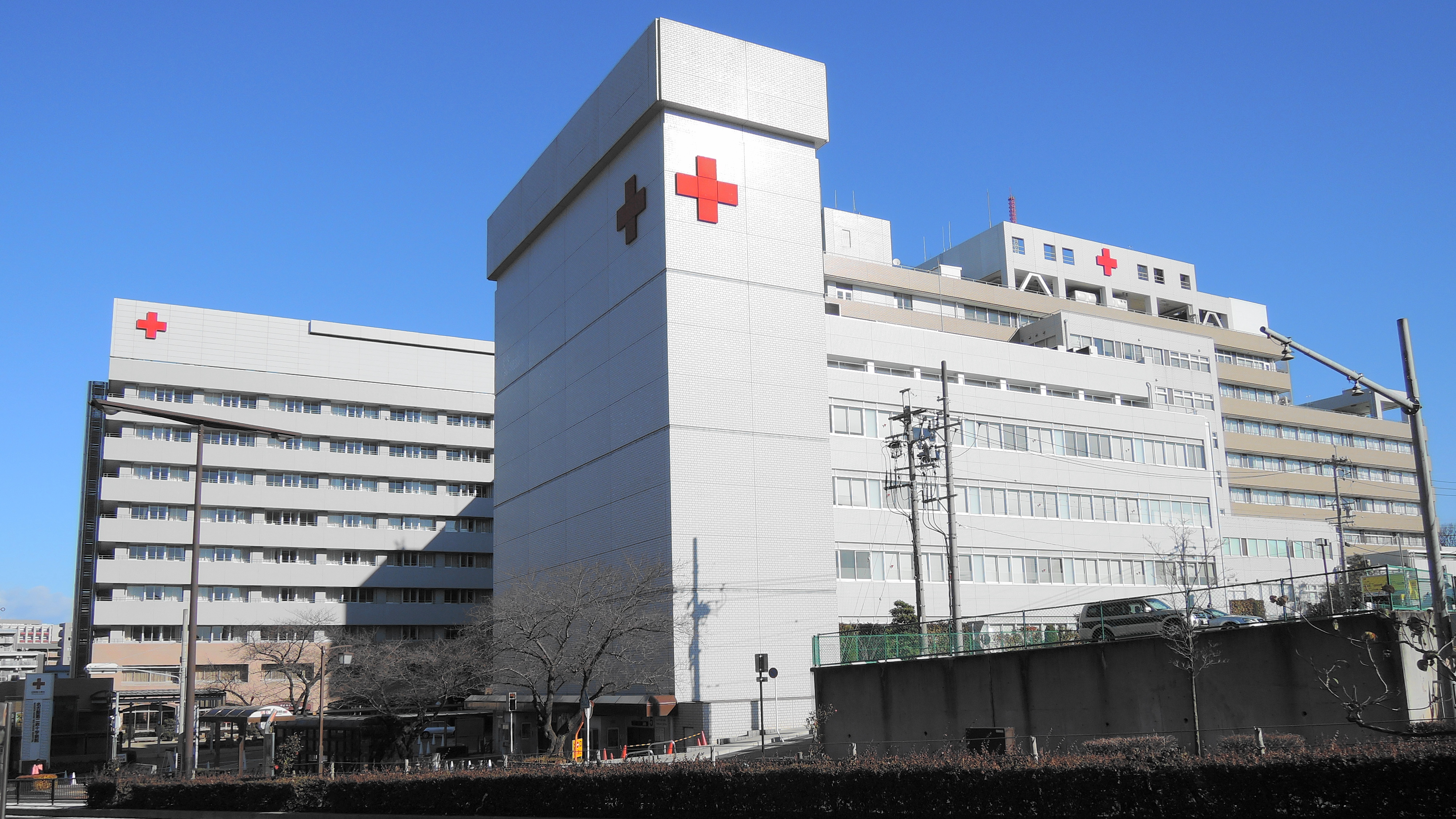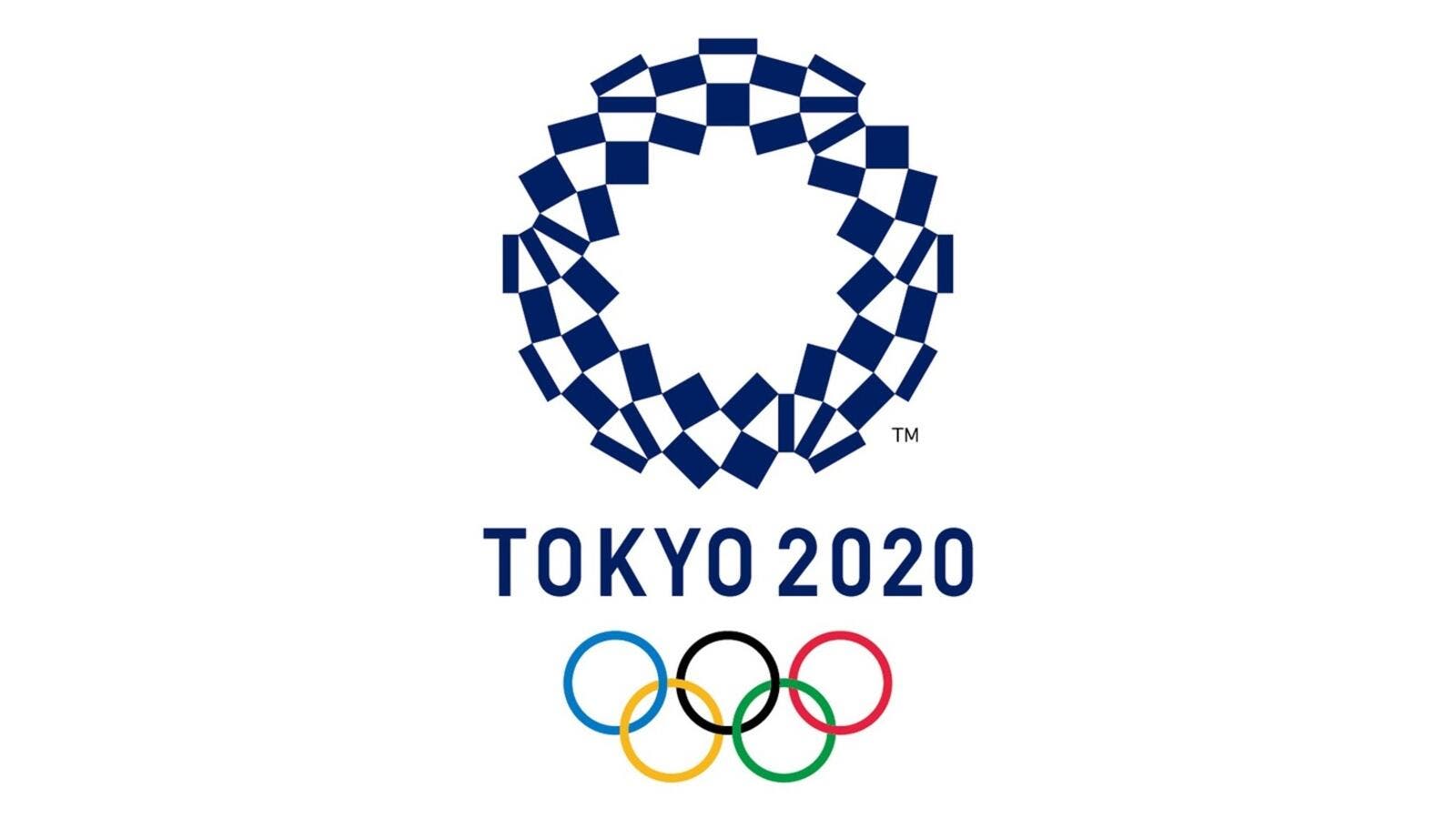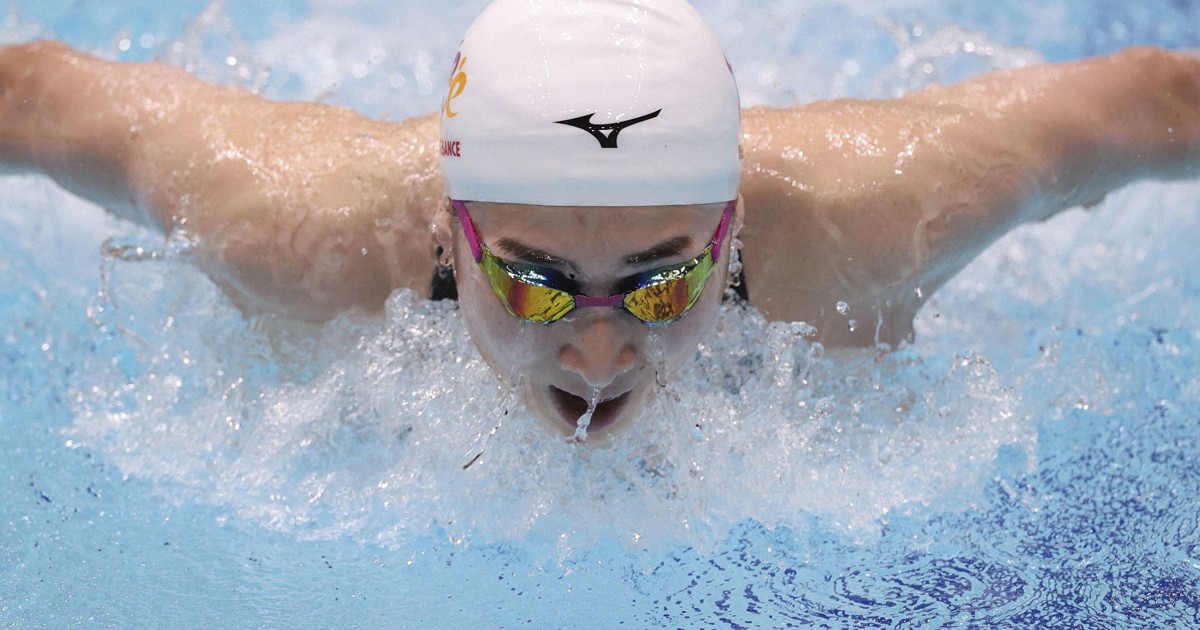There are few families and individuals in any community that have not been touched by the devastating scourge of cancer, in one form or another. It is a relentless disease that spares no one, young or old, infirm or healthy. It too often claims its victims with lightning quick speed.

Therefore, when one is so stricken, nothing could be easier or more understandable than to accept the cards one has been dealt. After all, there is little chance sometimes of winning that game, let alone of going on to live the life of abundance that might have been previously envisioned.
But when one chooses to battle, incredible things can happen. One cannot sadly ensure it with just effort. But sometimes one might achieve the outcome of Japanese Olympic swimmer Rikako Ikee, who is expected to compete for the host country at the Tokyo Summer Games in the 400 meter medley.
Ikee was diagnosed with leukemia in 2019 at just the age of 18, after having already established herself as one of the world’s premier swimmers. And it is no secret that leukemia is an especially insidious form of the disease, requiring a punishing treatment regimen that diminishes the health of the patient nearly as much as the initial condition.

What followed for Ikee was a ten month course of treatment in the hospital. Now, there are a wide range of forms of leukemia and therefore an equal range of treatments, but none of them are easy, least of all Ikee’s. The swimmer lost significant weight that she would later be able to regain with an adjusted diet and reported that the experience was thousands of times worse than she had even known it would be.
Ikee had not expected to compete anytime soon after her diagnosis and treatment, downplaying the chances of returning in time for the Tokyo games. In interviews she expressed that she was simply glad to have survived, as anyone would be, and saw the Paris Olympics in 2024 as providing a more realistic timetable for her to make up for the exceptionally long period of what might have been termed “downtime” if not for the enormous fight that consumed Ikee through that time.

But what transpired was something different and unexpected, as a recovered Ikee returned to training in spite of her nervousness and found her physical ability returned faster than anticipated at the same time that the Covid-19 pandemic pushed back the Tokyo Games from their originally scheduled place in summer of 2020 to 2021.
And in, if not a storybook ending, then surely a storybook penultimate chapter Ikee won her qualifying race in the 100 meter butterfly, besting the equally estimable Suzuka Hasakawa’s 58.18 with a time of 57.77. Regrettably, her time fell outside of that required for individual qualification in the Olympics, but the strong showing is expected to be enough to place her on a relay team and in competition in front of her countrymen in Tokyo.

There are caveats to be found in Ikee’s story of triumph over cancer, to be sure. As a young, world class athlete she was blessed with a capacity to endure that most do not know. Nor might they have some of the support she had. But with effort, with a motivation to overcome, and with sheer luck, anything can happen.